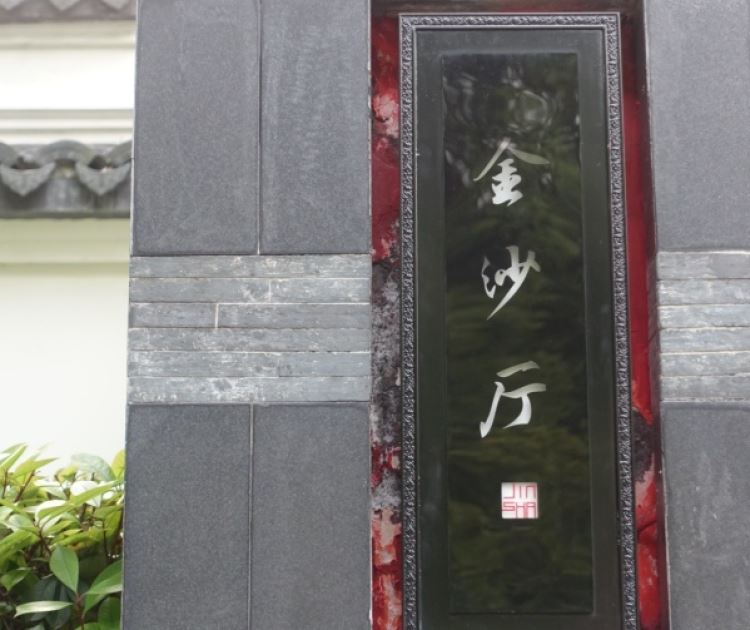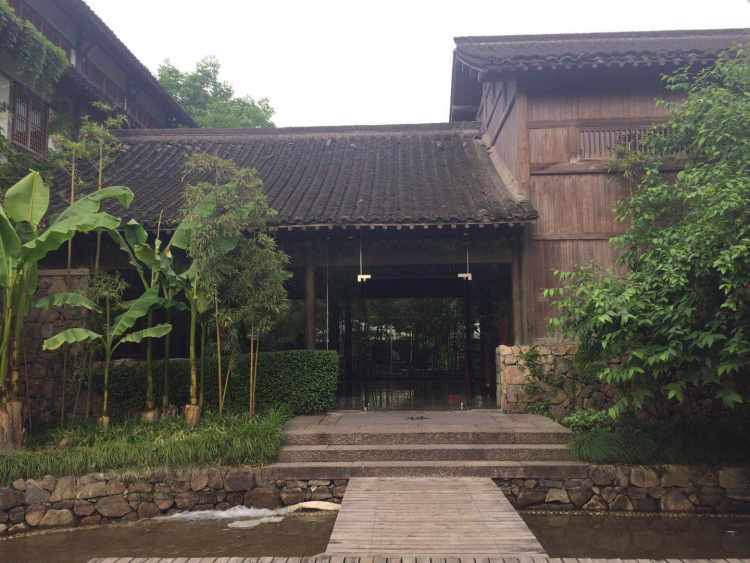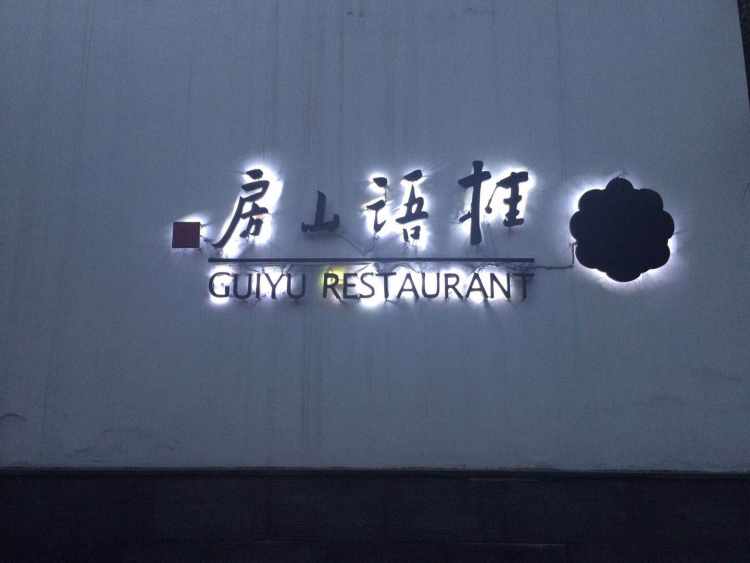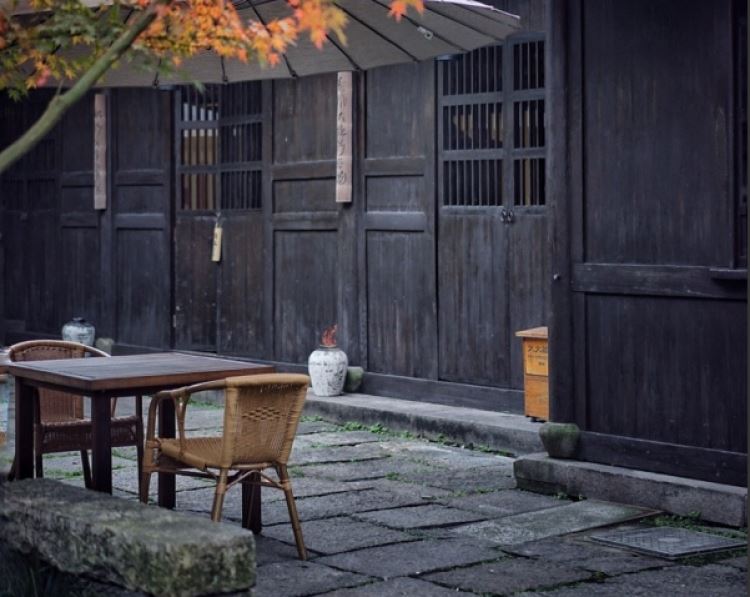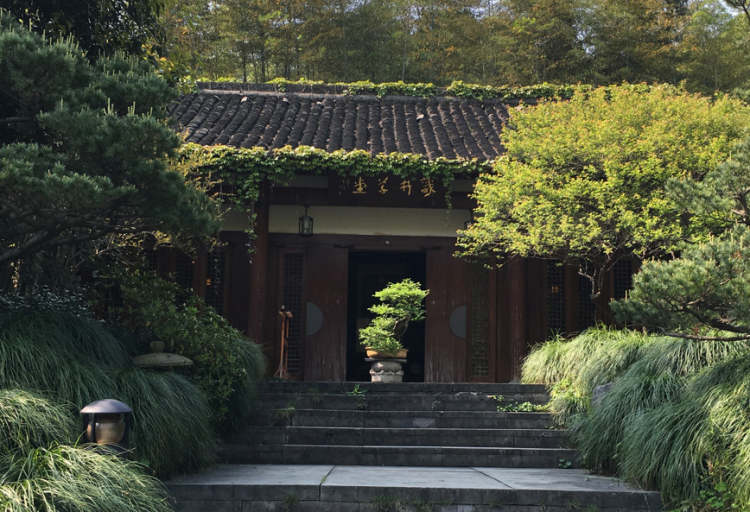Served as a reception hotel during the G20 Summit, Four Seasons Hotel West Lake is located on the shore of West Lake, which perfectly integrates classical gardens with modern fashion design: lakes and mountains, pavilions, and exquisite design of the hotel is like a condensation of Hangzhou's historical charm, and every chic and delicate Jiangnan garden landscape is like a landscape sketch.
The award-winning hotel restaurant, the Golden Sands Room, is located in the depths of the hotel. In addition to the independent entrance, the Jinsha Hall can also be accessed from the hall through a winding and quiet corridor, and several small Jiangnan gardens are located on both sides of the corridor. Camellia and red maple and other plants are green and fat, red and thin, contrasting with each other, the trees and garden stones are staggered and distinct, or there are pebble paths shuttling in between, or there are springs bubbling out of the courtyard, and the quiet garden scenery is like a painting through the window frame, which brings out the privacy of the hotel and restaurant. At the end of the corridor is the Golden Sands Room.
The interior of the restaurant is mainly dark colors, mostly using traditional Chinese architectural elements, classical and solemn; Outside, there is a classic and beautiful Jiangnan garden, with pavilions and pavilions in harmony with the nature of the landscape, and waterfowl swimming in the meantime. In addition to the lobby and outdoor seating, the Sands Room also has 11 individual pavilion-style VIP rooms scattered among the bamboo gardens, each with a capacity of 6 to 14 guests, ideal for private parties and business dinners.
Jinsha Hall's exquisite and high-end production is not lost in the elegant and beautiful environment, and the design style is the same, the restaurant's cooking dishes are also good at expressing the traditional taste of Jiangnan in a modern way, its dishes are the fusion of Shanghainese cuisine, Cantonese cuisine and special Hangzhou cuisine, there are a few Huaiyang flavors and Taizhou seafood, and there is no lack of innovative dishes that blend Chinese and Western; The high level of cooking of different cuisines shows that the chefs are highly skilled and have a lot of experience in handling ingredients in different regions. When it comes to Four Seasons Hotels, diners may think of the first Chinese restaurant to receive three Michelin stars: Lung King Heen at Four Seasons Hotel Hong Kong. As two restaurants under the same group, Sands and Lung King Heen have very similar requirements for ingredient selection and quality, and the chef teams of both sides will also communicate with each other to discuss the development of new dishes. Therefore, Jinsha Hall is not only good at Jiangsu and Zhejiang cuisine, but also can produce high-quality authentic Cantonese cuisine.
If you're in the mood for a fusion of Cantonese and Jiangsu-Zhejiang refreshments at Jinsha Restaurant, head for lunch, where a variety of steamed, fried and baked snacks including asparagus and river prawn dumplings, crab roe xiao long bao and peach quicksand buns are only available for lunch. The crab roe xiaolong in Jinsha Hall completely inherits the softness of Jiangnan, the dough is light and soft and tough, and the steamer is not sticky, very refreshing, with soft ginger vinegar, the crab flavor is sweet and rich but not fishy and cold and greasy, you can rest assured that the small cage is delicious and warm to the stomach.
Speaking of the main dish, Guyue Aged Boiled Whelk is the signature dish of Jinsha Hall, which is a must-order at almost every table, and the aroma of wine comes to the nose every time it is just served. There is no doubt about the selection of materials, the snail is big, the meat is firm, the tail end of the internal organs has been removed during cooking, and then the snail meat is filled back into the shell, and then boiled at the bottom of the aging Guyue Longshan, the wine aroma penetrates into the snail meat, sweet and delicious and the taste is good. Due to the high amount of alcohol, diners with poor alcohol consumption and those who are going to drive should avoid ordering this dish. Jinsha crispy chicken, which has the same status as Gu Yue Aged Boiled Whelk, is also very popular among diners. Crispy chicken looks simple and ordinary, but in fact it is not easy to make, the chicken skin should be crispy, and the original juice in the chicken should be preserved, so that the thick chicken fat between the skin and the meat can not be seen when cooking the perfect crispy chicken. The crispy chicken in Jinsha Hall is made of small boy chicken, the meat is delicate, marinated and flavorful, basically crispy and not greasy, and the meat is tender and juicy. If you're in the mood for dessert, try the Longjing Milk Stew at the end of the meal, which is made with Longjing tea soup and finished with a sprinkle of sugar, caramelized and crispy with a spray gun and served with blueberries and mint leaves. Smooth on the palate, creamy and mellow, with a hint of tea and slight bitterness that lightens the sweetness, and the caramel that gently crumbles in the mouth, the taste and texture are perfectly matched.
Jinsha Hall is based on the tradition of Jiangsu and Zhejiang, and creates new dishes with fresh ingredients from different seasons. If you go to eat in the spring, the ingredients at this time are mainly vegetables, fresh bamboo shoots and wild vegetables are essential, bamboo shoots and seafood are made of Western cold dishes, and if you like traditional dishes, don't miss the bowl of pickled tuk xian. Some of the seafood in the restaurant comes from Taizhou, which has the highest seafood resources in Zhejiang, and the fishing boats will expedite the fresh sea fish caught every day to the Jinsha Hall. Other seafood, such as Australian lobster and Alaskan crab, is mostly flown from all over the world, and the restaurant has several recipes for each seafood for customers to choose from, and the rich seasonings bring more fun to seafood cooking, such as Alaskan crab can be baked in Teochew bean sauce, steamed with garlic, boiled in Singapore hot sauce and stir-fried with Chinese cabbage.
It has to be said that Jinsha Hall is one of the restaurants with the richest collection of wine in Hangzhou, with more than 200 kinds of red and white wines from major production estates around the world. For the Chinese stomach, Jinsha Hall also has a variety of fine aged rice wine and fine famous teas from various domestic production areas. The restaurant is equipped with a professional sommelier to provide wine service, and the wine service fee is 300 yuan per bottle.
In general, the production of Jinsha Hall is stable, with occasional fluctuations. The service is attentive and courteous, but there is still room for improvement compared to the 15% service charge and the positioning of the five-star hotel restaurant. The Golden Sands Room has a large number of diners every day, so you need to book two to three days in advance on weekends and holidays, and it is best to call to inquire about seat reservations before leaving on weekdays.



